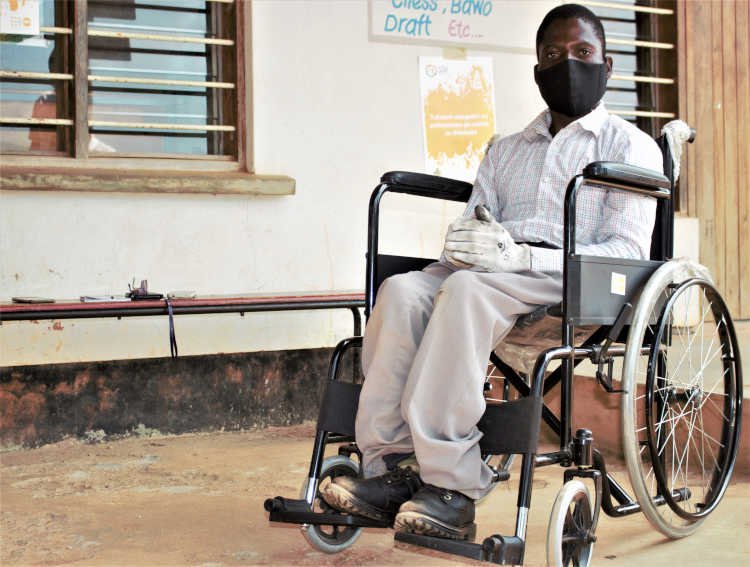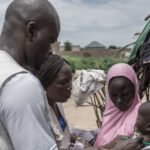Malawi, a southern African country, has yet to ratify the African Disability Protocol (ADP) despite signing it in February 2022.
Development Diaries reports that according to its 2018 Population and Housing Census, Malawi has 1,734,250 persons with disabilities aged five years and older, representing about 11.6 percent of its total population.
The African Disability Protocol, adopted by the African Union in 2018, was designed to promote the rights and inclusion of persons with disabilities (PWDs).
It is understood that if ratified in Malawi, the protocol will help address specific issues such as customs, traditional beliefs and harmful practices, the role of family, community and caregivers.
In Malawi, PWDs have less access to employment, health care, education, social assistance, and civic engagement than their counterparts without disabilities.
One of the primary issues faced by Malawian PWDs is the lack of accessibility to public spaces and transportation.
This lack of accessibility can isolate them, limit their access to education and employment opportunities, and hinder their participation in social and community activities.
In education, there is a dearth of specialised teachers and most school buildings are not disability-friendly.
Additionally, stigma and discrimination against PWDs remain prevalent in Malawi. Negative stereotypes and misconceptions about disabilities often lead to social exclusion and limited opportunities for PWDs.
By ratifying the African Disability Protocol, Malawi would be taking a significant step towards creating a robust legal framework that safeguards the rights of PWDs.
The protocol contains provisions that cover a wide range of rights, including access to education, health care, employment, and participation in public life.
Furthermore, ratifying the Protocol would signify Malawi’s commitment to international human rights standards, especially the United Nations Convention on the Rights of Persons with Disabilities (CRPD), which Malawi ratified in August 2009.
Ratification would also empower PWDs to advocate for their rights, participate in decision-making processes, and lead independent lives. This empowerment is essential to breaking the cycle of dependency and vulnerability that they face.
Development Diaries calls on the Malawian government to ratify the ADP to show that it values the contributions and potential of PWDs and is committed to reducing discrimination and social exclusion.
Photo source: UNFPA









